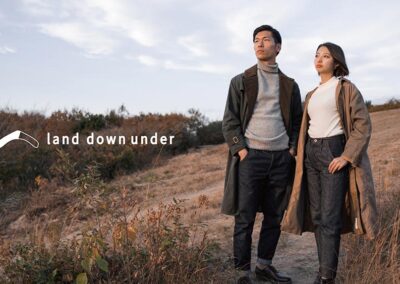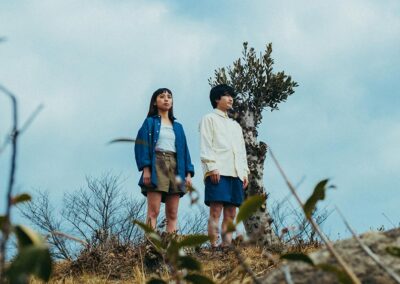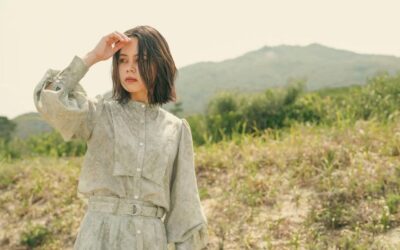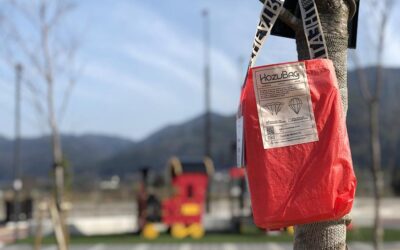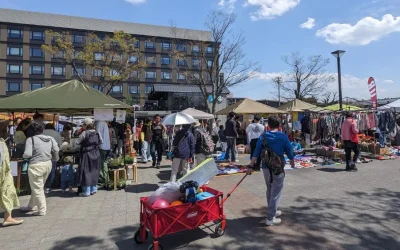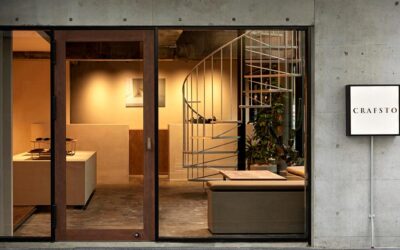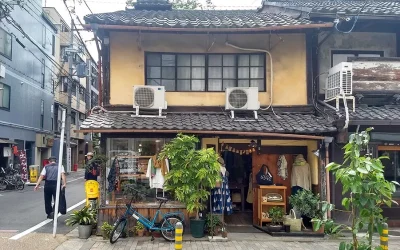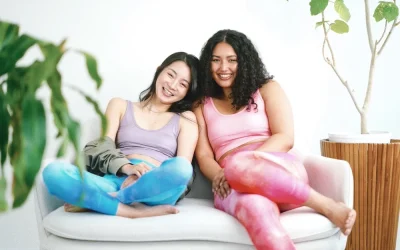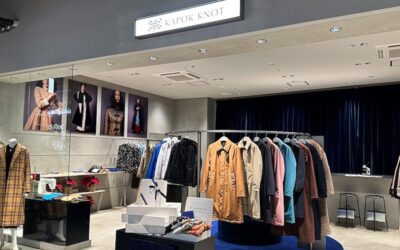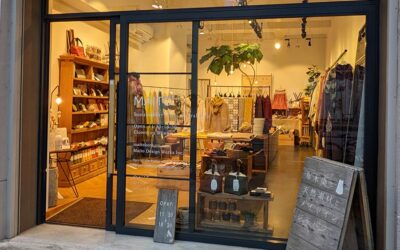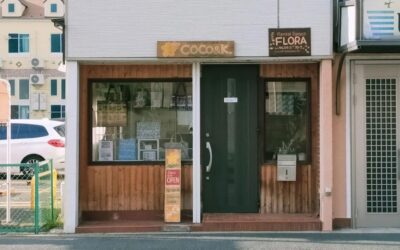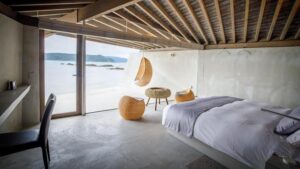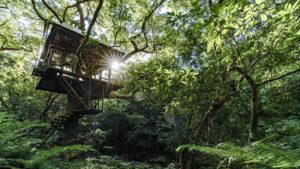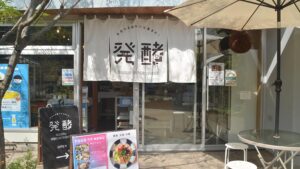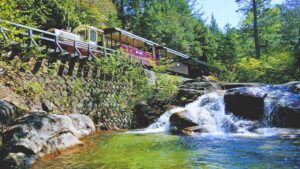land down under’s “Remade in Japan” establishes circular fashion
The fashion industry has been perceived as a “polluting industry” due to the large amount of resources to manufacture clothing. For this reason, there is a growing awareness of recycling resources by replacing petroleum-derived materials such as polyester with bio-based ones. However, it is difficult for a company or organization to carry out such a transition because it requires specialized knowledge and technology.
In that respect, what should be noted is the “production area” that has produced specific things since ancient times. It is precisely because it is a “production area” where people from the same industry have gathered over a long history and have done trial and error that they can promote a circular economy with the same aspirations.
With that in mind, a recycled denim project called “Remade in Japan” was launched in Okayama in the fall of 2022. The founder of this project is Yoshiyuki Ikegami, who already runs the apparel brand “land down under” which has offered circular jeans fashion since 2020.
Embodying the circular economy from production areas
Kurashiki City, Okayama Prefecture is internationally famous as a production area of denim. The Bicchu district, which straddles the cities of Kurashiki and Ibara, is home to a wide variety of textile industries, including denim, school and work uniforms and canvas.
In the denim recycling project “Remade in Japan” that the entire production area is currently working on, five brands in Kurashiki jointly collect denim products from ordinary households. They then use a recycling technology called anti-hair (technology to cut the collected clothing and make it into a cotton-like material to create new threads), produce and then sell products again.
A feature of this project is that denim products are collected only in Okayama Prefecture. Ikegami wants to build a platform for recycling resources within the production area, which is the reason why Yoshiyuki Ikegami,founder of “land down under,” is working on a limited scale in Okayama Prefecture, rather than on a nationwide scale.
Building an efficient, sustainable system
“It is efficient to collect denim products from all over the country, but rather than collecting them over a wide area, it is better to circulate the resources within the region. It is good in terms of cost and the environment, such as reducing transportation costs.”
Through this project, Ikegami, who has developed a denim brand called “land down under” in Okayama Prefecture, aims to revitalize the local manufacturing industry in Okayama in order to embody the “circular economy” that the brand has been upholding since the beginning.
“I wanted to find a way to co-create the circular economy with other organizations, not just one brand. If there is only one company, the cost and technical burden will be large. In order to create a sustainable system, I thought that it was necessary for the denim brands in Kurashiki City to work together instead of just doing it with my own brand.”
“Actually, there are many members who are interested in recycling resources, but thought that they could not do it on their own. If many companies get together, they will be able to increase the number of orders, which will ultimately lead to cost reductions and bring the circular economy closer to realization. With that in mind, I started this project.”
Dilemma to make connections for circulation
The brands participating in this project are wide-ranging, both large and small. It is said that the recycling platform, in which a wide range of producers gather and work on a production scale, is previously unseen even in Japan.
“Until now, in terms of manufacturing in production areas, there were connections between business partners, but there weren’t many connections that transcended business categories. Also, because we deal in the same denim products, I felt we still had a sense of rivalry.”
Behind this collaborative platform, Ikegami desires to implement a more flexible circular economy.
“While many recycling initiatives are emerging both in Japan and overseas, I feel that there is a premise that ‘this recycled fabric belongs to this company.’ If one company monopolizes its technology, it will lead to the emergence of competition among companies. Although we are aiming for a ‘circulating’ society called a circular economy, the result is a world where only one specific company is the leader, and I personally feel uncomfortable. That’s why I wanted to create a platform that was transparent, and that anyone could get involved with at any time.”
For a system that circulates things and people
Through launching such a project, Ikegami valued communication with the people participating in the platform. When he looked for collaborators, he conveyed his excitement about creating resource circulation within the production area, instead of focusing on “problem-solving” such as environmental problems.
“Rather than saying, ‘let’s do something good for the environment,’ we got a lot of people involved based on the fun of the anti-moisture technology and the mechanism of recycling. I myself don’t want just to recycle resources but to create a system that circulates things and people.”
In building such a platform, Ikegami aims for not material recycling, but a system in which things and people circulate together.
“As long as the circular economy is the foundation of this project, I think recycling is the last resort. The ideal flow is to reuse or remake items if they are in good condition, and then recycle if they are still difficult to use. In addition to simply promoting recycling of materials, I think that adding the intention of producers and consumers to make better things and support them will create a more dynamic system.”
The products in this project are devised to make it easy to unstitch in order to make it possible to recycle them again later.
“In many cases, once a recycled material is made, it ends, so I want to come up with a design that will keep the resource circulating. In addition to working on design, I want to continue working with producers to change their awareness of circular manufacturing. It may be difficult to make everything from recycled materials, but we can increase our options by incorporating recycled materials even partially. We aim to create a platform where we can share the process of making textiles with our members.”
To inspire and support young people in the industry
In parallel with the creation of such a platform, Ikegami said that he wants to hold exchange meetings and study sessions for young people involved in the apparel industry in Kurashiki, and create a network that will support the circular economy of the production area together.
“Until now, there have been no connections among young people involved in the apparel industry in Okayama, so we are creating a community as a safety net. As a result, I believe that such connections will become the foundation that supports the circular system of the production area. I want to change the mindset of young people in the industry toward creating a circular system.”
Originally published on Zenbird Media.

